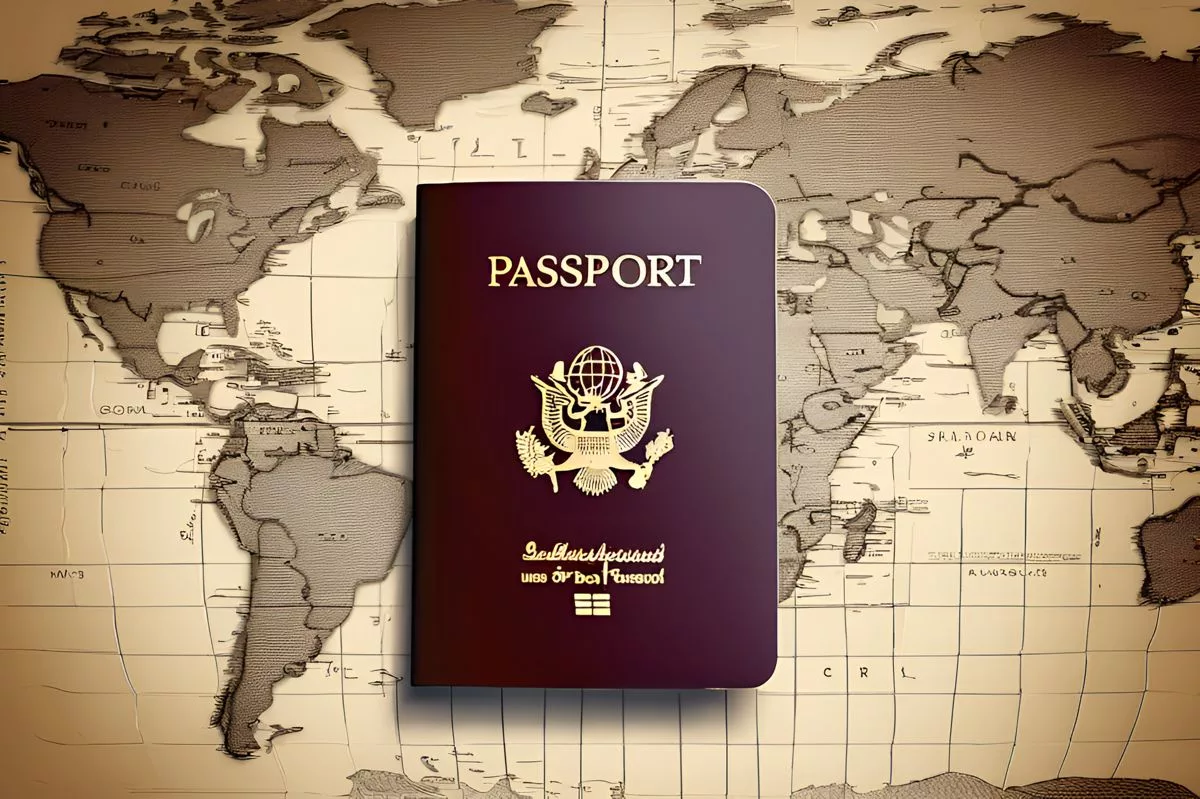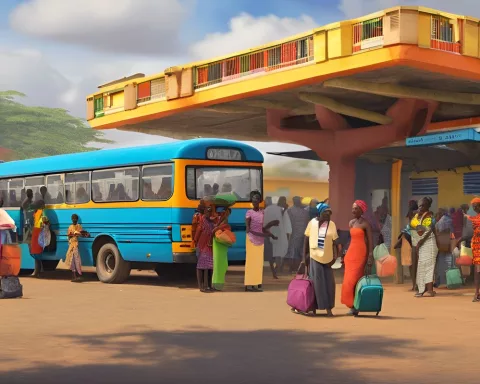Learn how to travel on a budget with six tested tactics that will make your money go further. Embrace off-season travel, use online price comparison tools, choose unconventional lodging options, cook your own meals, seek out free or low-cost activities, and opt for smart transportation choices. With these tips, you can have a memorable and budget-friendly adventure without sacrificing comfort or quality of experience.
Smart Traveling on a Budget: Six Tested Tactics to Make Your Money Go Further
Looking to travel without breaking the bank? Embrace off-season travel to save on expenses such as airfare and accommodations. Use online price comparison tools and choose unconventional lodging options like hostels, guesthouses, or Airbnb. Save on food costs by cooking your own meals and seek out free or low-cost activities like walking tours and museum admission days. Opt for public transportation over taxis or rideshares and consider renting a bike in bike-friendly cities.
Section 1: The Art of Timing: Embracing Off-Season Journeys
Traveling can be an exhilarating experience that gives you the unique opportunity to explore diverse cultures, appreciate stunning landscapes, and create a priceless collection of memories. However, a memorable travel experience doesn’t necessarily require a deep wallet. In this article, we’ll explore six brilliant tactics for economical travel without sacrificing comfort or quality of experience.
One of the most practical methods to make your travel budget go further is to embrace off-season or shoulder season travel. During these times, travel expenses such as airfare, accommodations, and tourist destination fees are often significantly reduced, allowing you to enjoy the same wonderful experiences at a fraction of the usual cost. Also, by avoiding the peak tourist seasons, you can enjoy a more laid-back and pleasant trip. For example, think about discovering the historical allure of European cities during the late fall or early spring seasons, thus, avoiding the higher costs and crowded conditions of the summer months.
Section 2: Optimizing Online Price Comparison Tools
In our modern, tech-driven era, digital tools can be your best friend when it comes to budget travel. Websites and applications designed for price comparison, like Skyscanner, Kayak, Google Flights, Booking.com, Airbnb, and Hostelworld, are a wealth of potential savings. These tools allow you to compare prices from various providers for flights, lodging, and car rentals, ensuring you get the best deal possible. By setting up price alerts, you can monitor price changes and act when rates hit their lowest.
Section 3: Choosing Non-Traditional Accommodation Options
Opting for lodging options outside the conventional hotel spectrum can lead to substantial savings. Options such as hostels, guesthouses, Airbnb, house swapping, or even Couchsurfing can provide cost-effective alternatives without compromising comfort. Moreover, these unconventional accommodations often provide unique, locally flavored experiences, adding an extra dimension of authenticity to your travels.
Section 4: Home-Cooked Meals: An Economical and Delicious Option
A considerable portion of travel costs often goes towards eating out for every meal. By opting for lodging with cooking facilities, you pave the way for economical home-cooked meals. Local markets and grocery stores provide opportunities to purchase fresh ingredients and delve into the local food culture. Whether you’re making a quick sandwich or preparing a picnic in a park, the money saved on meals can be redirected towards other travel experiences.
Section 5: Seeking Out Free and Low-Cost Activities
Tourist destinations frequently offer a variety of free or low-cost attractions that can be just as enjoyable as more expensive options. Look into free walking tours, museum admission days, local festivals, parks, and beaches through local tourism websites and travel blogs. Exploring the city on foot or by bike offers a budget-friendly manner to immerse yourself in the local environment while keeping your expenses in check.
Section 6: Smart Transportation Choices
Transportation expenses can rapidly increase your travel budget. Choosing public transportation over taxis or rideshares can lead to significant savings, particularly over longer trips. Additionally, using local public transit systems offers an authentic insight into the daily routines of the locals. Get acquainted with the local transportation network and consider purchasing multi-day or weekly passes for even more savings. In cities where cycling is common, renting a bike can be a cost-efficient and thrilling way to get around.
In conclusion, traveling on a budget doesn’t imply compromising on the quality of your travel experience. With smart planning and resourceful strategies, you can indulge in rich experiences without draining your bank account. Here’s to memorable and budget-friendly adventures!
1. What is off-season travel and how can it help me save money?
Off-season travel refers to traveling during times when tourist destinations are less crowded and prices for airfare, accommodations, and tourist destination fees are often significantly reduced. This can help you save money while still enjoying the same experiences as peak tourist season travelers.
2. What are some online price comparison tools that can help me save money while traveling?
There are many online price comparison tools, such as Skyscanner, Kayak, Google Flights, Booking.com, Airbnb, and Hostelworld, that allow you to compare prices from various providers for flights, lodging, and car rentals. By setting up price alerts and monitoring price changes, you can act when rates hit their lowest, leading to potential savings.
3. What are some unconventional lodging options I can consider to save money?
Some unconventional lodging options you can consider include hostels, guesthouses, Airbnb, house swapping, or even Couchsurfing. These options can provide cost-effective alternatives without compromising comfort and can also provide unique, locally flavored experiences.
4. How can cooking my own meals save me money while traveling?
Eating out for every meal can be a considerable portion of travel costs. By opting for lodging with cooking facilities, you pave the way for economical home-cooked meals. Local markets and grocery stores provide opportunities to purchase fresh ingredients and delve into the local food culture, leading to potential savings that can be redirected towards other travel experiences.
5. What are some free or low-cost activities I can consider while traveling?
Tourist destinations frequently offer a variety of free or low-cost attractions that can be just as enjoyable as more expensive options. Look into free walking tours, museum admission days, local festivals, parks, and beaches through local tourism websites and travel blogs. Exploring the city on foot or by bike offers a budget-friendly manner to immerse yourself in the local environment while keeping your expenses in check.
6. How can I save money on transportation while traveling?
Choosing public transportation over taxis or rideshares can lead to significant savings, particularly over longer trips. Additionally, using local public transit systems offers an authentic insight into the daily routines of the locals. Get acquainted with the local transportation network and consider purchasing multi-day or weekly passes for even more savings. In cities where cycling is common, renting a bike can be a cost-efficient and thrilling way to get around.









